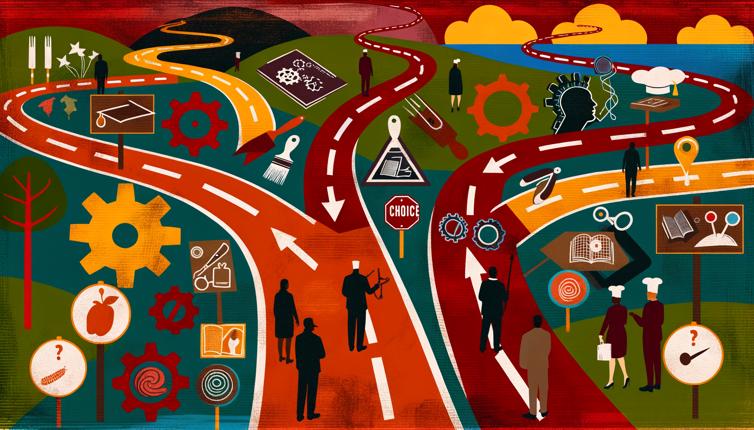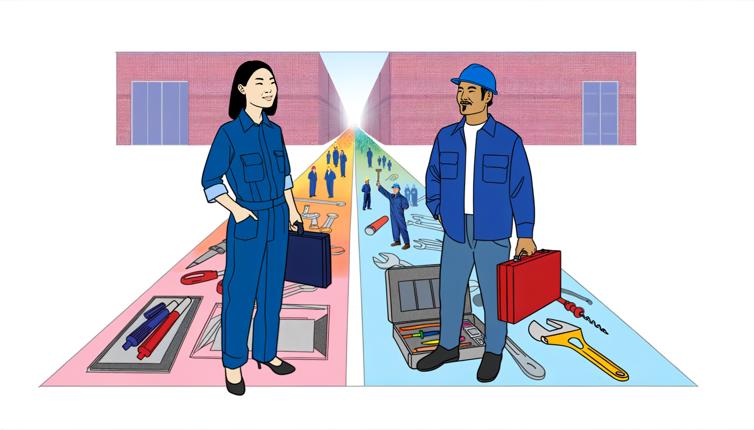Exploring Career Options
One of the key advantages of vocational education is the ability to explore a wide range of career options. Unlike traditional academic programs, vocational education provides hands-on training and experience in specific industries or trades. This allows individuals to gain practical skills and knowledge that are directly applicable to their chosen career field. Whether it's automotive technology, culinary arts, or graphic design, vocational education opens up a world of possibilities for students to find their passion and pursue a fulfilling career.,Additionally, vocational education programs often include internships or work placements, allowing students to gain real-world experience and make valuable connections in their chosen industry. This practical experience can be invaluable when it comes to securing employment after graduation.,By exploring different career options through vocational education, individuals can make informed decisions about their future and find a path that aligns with their interests and strengths.
Building Practical Skills
Another significant advantage of vocational education is the emphasis on building practical skills. While academic programs focus on theoretical knowledge, vocational programs prioritize hands-on learning and application. Whether it's carpentry, healthcare, or information technology, vocational education equips individuals with the skills and expertise needed to excel in their chosen field.,These practical skills are highly valued by employers, as they demonstrate a candidate's ability to perform specific job tasks and contribute to the success of a company. In many cases, vocational programs also offer industry certifications that further validate an individual's skill set and increase their employability.,By building practical skills through vocational education, individuals can enhance their career prospects and secure stable, well-paying jobs in high-demand industries.
Earning while Learning
Unlike traditional academic programs that often require full-time attendance, vocational education pathways offer flexible learning options, including part-time and apprenticeship programs. This means that individuals can earn while they learn, gaining valuable work experience and income while pursuing their education.,In many vocational programs, students have the opportunity to participate in paid apprenticeships or cooperative education placements. These arrangements allow individuals to work alongside professionals in their chosen field, gaining practical experience and applying their skills in a real-world setting. Not only does this provide a financial benefit, but it also enhances employability and opens doors to future job opportunities.,Earning while learning through vocational education empowers individuals to take control of their financial future and build a strong foundation for long-term career success.
Conclusion
Vocational education pathways offer individuals the power of choice when it comes to their education and career paths. By exploring career options, building practical skills, and earning while learning, individuals can gain valuable experience, secure rewarding careers, and contribute to the growth and success of industries. It is essential that we embrace and support vocational education as a viable and valuable alternative to traditional academic routes.









